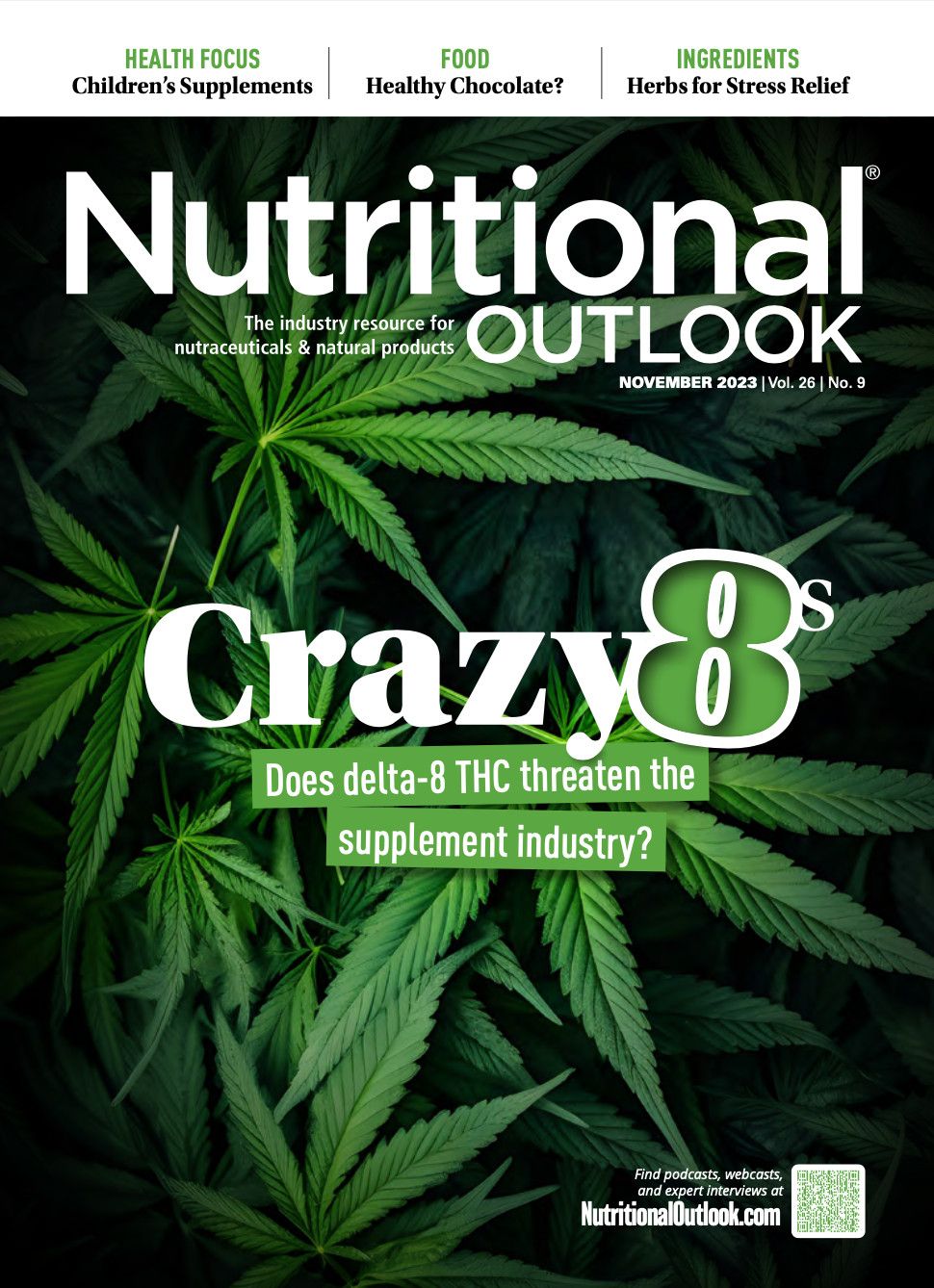Is creating certified-organic supplements difficult?
What are some of the challenges and pitfalls of making certifiably organic products?
Demand for organic supplements is soaring. One market report by Transparency Market Research expects the organic sports supplement market alone to reach a $3.7 billion valuation by 2031.1 As more consumers reach for organic products overall, demand for certified-organic supplements will only grow.
Consumers aren’t just scrutinizing ingredients anymore; they’re now looking for fully organic supplements, from excipients to fillers. Given the options on the market today, is creating certified-organic supplements easy or difficult?
Formulating Organic Supplements Isn’t Easy
While there exists considerable consumer demand for organic supplements, formulators can still find it challenging to source the necessary materials. Saumil Maheshvari, senior vice president of business development for organic-ingredients supplier Orgenetics (Los Angeles, CA), says there’s a supply shortage of certified-organic botanicals.
Not only that, other complex market factors may influence access to organic materials. For instance, Maheshvari says, “We need to balance the need for some of these organic botanicals for food or culinary aspects versus the supplement industry. And with extracts, we need more botanicals per kilogram of extract as compared to what’s needed for food.”
While it is challenging to acquire the necessary raw materials, Maheshvari says more supply is coming online every year. There are also more production efficiencies being discovered all the time as more farmers learn organic practices.
Some Ingredients Lack Organic Sources
Another complicating factor that hinders organic supplement development is that for some ingredients, there simply aren’t any organic options available. Silvi Siddhu, global director, nutraceuticals, for Univar Solutions (Downers Grove, IL), says that it’s easier to obtain 95%-organic ingredients than it is to obtain 100%-organic ingredients.
Also, while there are some synthetic additives and processing aids that can be used in products with an organic claim, bioactives produced through precision fermentation cannot be claimed as organic, Siddhu says. “Ingredients that are produced through genetic engineering, or genetically modified organisms, cannot be claimed as organic,” Siddhu adds. “To get exceptions for non-organic agricultural substances, manufacturers must demonstrate that the substance in question is not commercially available in organic form. The manufacturing facilities also need to be certified organic if an organic claim is made on the principal display label.”
Organic Excipients and Pills Grow
While some delivery formats lack organic options, others are taking off. The organics market today mostly comprises powders and gummies, Siddhu says, although there are several single ingredients in vegetarian capsules that are also available as organic ingredients.
Tablets, Siddhu says, are the most challenging format to develop in an organic way. “There are some organic excipients on the market that can potentially be used as alternative binders and fillers,” Siddhu adds. “These are mostly starches, gums, or fibers. Citrus fiber, for example, has been studied as a functional excipient in tablet formulations.”
Despite these advances, though, conventional excipients remain dominant among formulators. Siddhu says formulators are using excipients like silicon dioxide and tricalcium phosphate.
Maheshvari says organic options for excipients and fillers are rapidly growing. Orgenetics’s branded Orgen-Si is an organic bamboo shoot extract standardized at 75% silica that is used as a flow agent in nutraceutical applications. Maheshvari says there are also various new organic delivery formats hitting the market, ranging from gummies to powders.
“With Orgenetics’s organic ingredient innovations, we’ve been able to help a lot of our customers reach the 100% USDA organic seal,” Maheshvari says. “It can be difficult [to reach organic status], but it’s not impossible.”
Developing Organic Supplements Demands Creativity
Consumer demand for organic supplements is rapidly growing. While developing certified organic supplements is challenging, there are solutions on the market that can enable brands to offer consumers fully organic products that are eligible for the USDA organic seal.
Despite challenges involved in sourcing raw materials and ingredient shortages, creative formulators are finding ways to reach at least 95%-organic status. Starches, gums, fibers, and other organic excipients are seeing regular use in organic supplements, while organic delivery formats diversify into powders and gummies. As more consumers adopt organic products, expect additional organic formulation options to come online in the near future.
Reference
- Transparency Market Research. By 2031, the global market for organic sports supplements is anticipated to reach US$3.7 billion, with a CAGR of 5.8%: TMR study. https://www.transparencymarketresearch.com/organic-sports-supplement-market.html

Continuing innovation in algae-DHA: Natural Products Expo West 2024 Report
March 26th 2024At this year’s Natural Products Expo West, two brands have launched their own versions of algae DHA ingredients; FrieslandCampina and Aker BioMarine. Each brand showcased a different approach to the ingredient.
